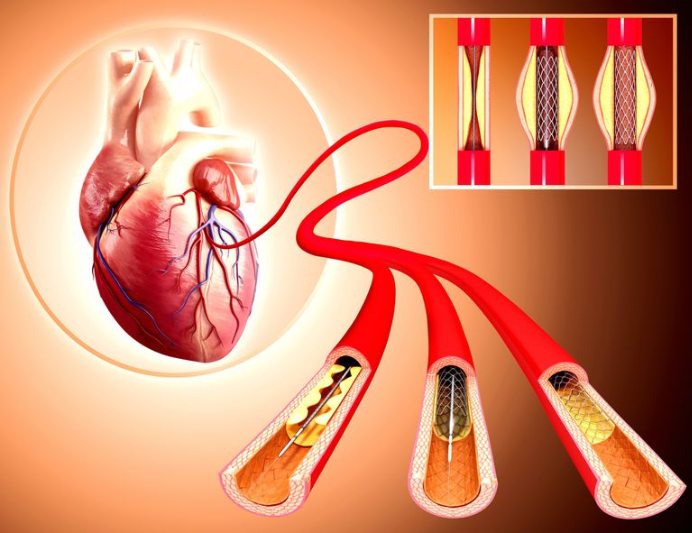PTCA-MAC
Overview
PTCA-MAC, or Percutaneous Transluminal Coronary Angioplasty with Mechanical Atherectomy, is a minimally invasive procedure offered at Indotaj Hospital for patients with coronary artery disease. This innovative treatment involves the use of a catheter equipped with a rotating device to remove plaque buildup from narrowed coronary arteries, restoring blood flow to the heart. By combining angioplasty and atherectomy techniques, PTCA-MAC aims to alleviate chest pain, improve exercise tolerance, and reduce the risk of heart attacks, providing patients with a promising option for managing coronary artery disease.

Why it's done
PTCA-MAC is a medical procedure used to diagnose and treat coronary artery disease (CAD) and related conditions. Here’s why it’s done:
- Diagnostic Purpose: PTCA-MAC is primarily performed to diagnose coronary artery disease. By injecting a contrast dye into the coronary arteries and using X-ray imaging, doctors can visualize any blockages or narrowing in the arteries. This helps in determining the extent and location of coronary artery disease.
- Therapeutic Purpose: PTCA-MAC is also a therapeutic procedure. During the procedure, if blockages or narrowing are identified, the interventional cardiologist may perform angioplasty. Angioplasty involves inflating a balloon in the narrowed or blocked artery to widen it and restore blood flow. Sometimes, a stent may also be placed to help keep the artery open.
- Myocardial Analysis: The addition of myocardial analysis allows for an assessment of the heart muscle’s function and viability. This is often done using contrast agents to visualize areas of the heart that may have reduced blood supply or impaired function due to CAD.
- Symptom Relief: PTCA-MAC can help relieve symptoms associated with coronary artery disease, such as chest pain (angina), shortness of breath, and fatigue, by improving blood flow to the heart muscle.
- Prevention of Complications: By opening up blocked or narrowed arteries, PTCA-MAC can help prevent complications of coronary artery disease, such as heart attacks, unstable angina, and heart failure.
Risk
Here are some potential risks of PTCA-MAC:
- Bleeding
- Blood vessel damage
- Infection
- Arrhythmias
- Heart attack or stroke
- Restenosis
- Kidney damage
- Radiation exposure
- Complications related to anesthesia
How do I get ready for PTCA-MAC?
To prepare for PTCA-MAC:
- Consultation: Schedule an appointment with a cardiologist for evaluation and discussion of the procedure.
- Medical Evaluation: Undergo necessary tests such as blood work, electrocardiogram (ECG), and imaging to assess your heart health.
- Medication Review: Ensure you understand any medications you are currently taking and follow any instructions provided by your doctor regarding their use before the procedure.
- Fasting: Follow fasting instructions provided by the hospital, typically requiring you to avoid eating or drinking for a specific period before the procedure.
- Arrangements: Arrange transportation to and from the hospital, as well as any necessary accommodations if you’re staying overnight.
- Support: Inform family or friends about your procedure and arrange for someone to accompany you to the hospital.
- Questions: Prepare any questions you may have about the procedure or recovery process to discuss with your healthcare team.
- Follow Instructions: Follow any additional instructions provided by your doctor or the hospital to ensure a smooth experience and optimal outcomes.


